Meet the Team
Coaches, mentors, virtual assistants
Our team combines decades of experience
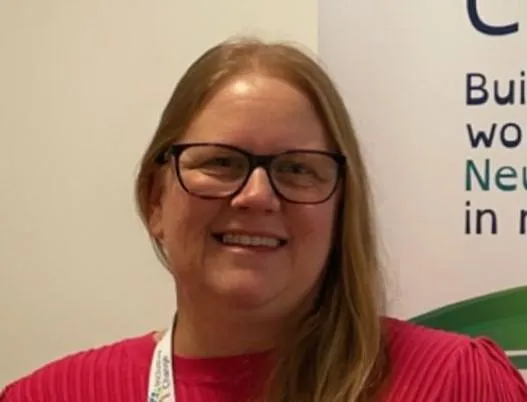
Lucy
Founder and Director
Lucy is the founder of Inclusive Change and Inclusive Change at Work CIC. She has lived experience of neurodiversity and has been working in the area of neurodiversity for 8 years. Lucy combines a career in change management in internationally renowned organisations with experience in education to create thoughtful and inspiring training and consultancy services.

Daniel
Director
Daniel is a highly experienced accessibility consultant with extensive experience of disability. Daniel has particular expertise in acquired disability, including acquired neurodiversity. He established the National Disability Employment & Advisory Service in 2022 and focuses on supporting neurodivergent young people & adults into employment.
Meet Our Associates

Sarah
Workplace Strategy & Neurodiversity Coach
Check out these blogs written by some of our amazing team members.
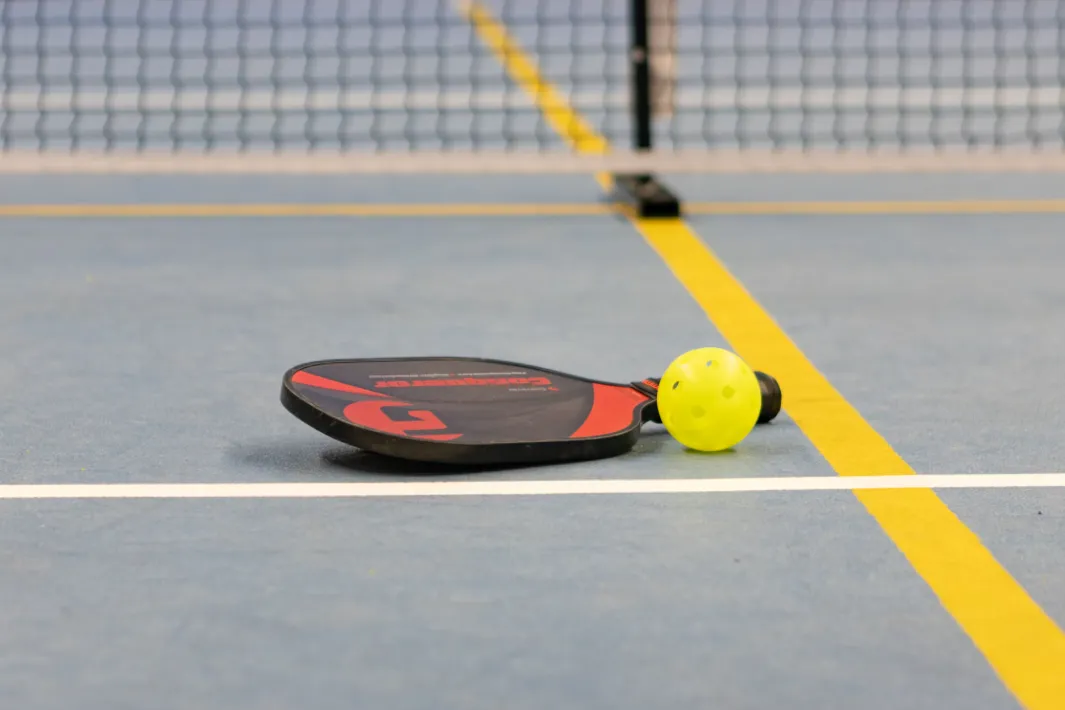
Recognising Potential in Sports
Recognising Potential: How Neurodiverse Brains can Enhance Sports and understanding the Importance of Inclusion
Sport is often celebrated for its diversity, yet the unique strengths of neurodivergent individuals remain underappreciated and often undisclosed. Neurodiversity, encompassing conditions such as autism, ADHD, and dyslexia, which offer valuable traits that can elevate performance. By embracing neurodiversity, sports organisations and coaches will not only benefit their teams but also empower all athletes to thrive by opening up creative solutions and different ways of thinking.
How Neurodiverse Brains Differ
Neurodiversity is the natural variation in how individuals process information. These differences bring strengths that can be particularly advantageous in sport:
Intense Focus: Many neurodivergent individuals, such as those with ADHD or autism, display exceptional focus on activities they are passionate about. This dedication can translate into highly refined skills, effort and detailed game analysis.
Innovative Thinking: Dyslexic and autistic athletes often approach problems creatively, offering fresh perspectives on strategies, techniques, and gameplay.
Resilience: Many neurodivergent individuals develop strong adaptability and problem-solving skills as they navigate societal challenges. These qualities can drive determination and resourcefulness on and off the field.
The Benefits of Inclusion in Sport
Inclusion is more than just ethical; it is a way to enhance the collective success of teams and organisations. Here are some key benefits:
1. Improved Team Performance
Diverse teams bring together a variety of skills and perspectives, leading to more creative solutions and better overall performance. Neurodivergent athletes often contribute unique approaches to teamwork and gameplay, enriching team dynamics and encouraging these skills for neurotypical team mates or coaches.
2. Strengthened Team Cohesion
Inclusion drives respect and collaboration, helping team members build trust and better communication. This strengthens relationships within teams, improving performance in high-pressure situations.
3. Enhanced Community Representation
By embracing neurodiversity, sports organisations align themselves with wider societal values of equality and accessibility. This can enhance their reputation and attract broader support from fans, communities, and sponsors.
4. Increased Athlete Confidence
Inclusive environments provide neurodivergent individuals with the opportunity to shine, boosting their self-esteem and increasing participation rates. This also encourages other underrepresented groups to engage in sport, creating a more diverse community.
How Coaches and Organisations Can Support Neurodiversity
Sporting organisations and coaches play a vital role in creating an environment that values neurodiversity. Key actions include:
Raising Awareness
Education on neurodiversity helps to dispel stereotypes and understand behaviours, whilst equipping coaches with strategies to better support neurodivergent athletes.Adapting Environments
Small adjustments, such as quieter spaces, structured routines, and clear communication, make training and competitions more accessible to neurodivergent individuals. These adaptations not only benefit neurodivergent athletes but create a more inclusive atmosphere for all.Recognising Strengths
Rather than focusing on perceived limitations, coaches and organisations can identify and celebrate the unique contributions of neurodivergent athletes. This approach encourages mutual respect and maximises potential within teams.Flexible Participation
Allowing for tailored approaches to training and competition ensures that every athlete can participate in a way that plays to their strengths, enhancing their contribution and focus to the team or own performance.
The Way Forward
By recognising the value of neurodiversity, sports organisations can create environments where all individuals are empowered to succeed. Inclusion is not just about fairness; it enhances creativity, teamwork, and performance, ultimately benefiting the entire sporting community.
For further resources on how to integrate neurodiversity into sports, visit Inclusive Change.
Coaching & Virtual Assistant Support
Enhance your professional skills and productivity with our coaching and virtual assistant services, designed to empower you in the workplace.
Mentoring
Connect with experienced mentors who will guide and inspire you on your journey to success, providing valuable insights and support along the way.
Work Support
Benefit from personalised support in various aspects of your work life, ensuring a conducive and inclusive environment for your growth and progress.
Interview Support
Prepare for interviews with confidence and poise, with our interview support services aimed at helping you showcase your talents and abilities effectively.
Inclusive Change At Work CIC
Bradbury House
Wheatfield Road
Bradley Stoke
Bristol
BS32 9DB
Companies House: 13271923
ICO registration: ZZB293922
UK register of Learning providers
UKRLP: 10090653
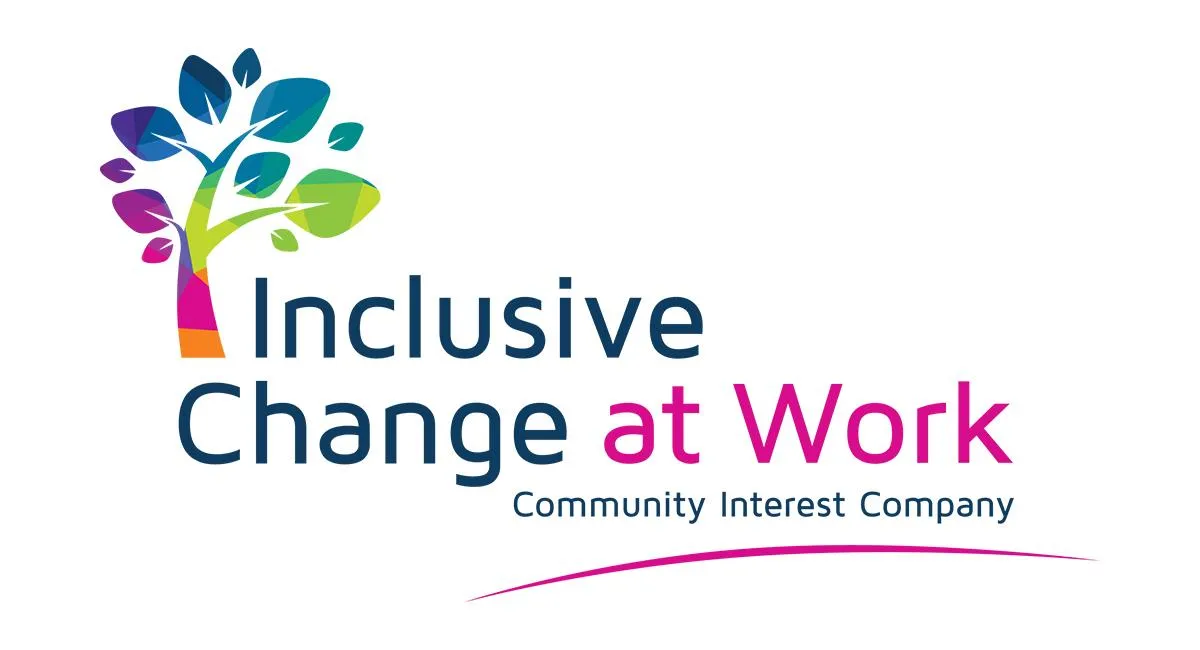

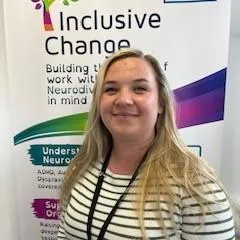
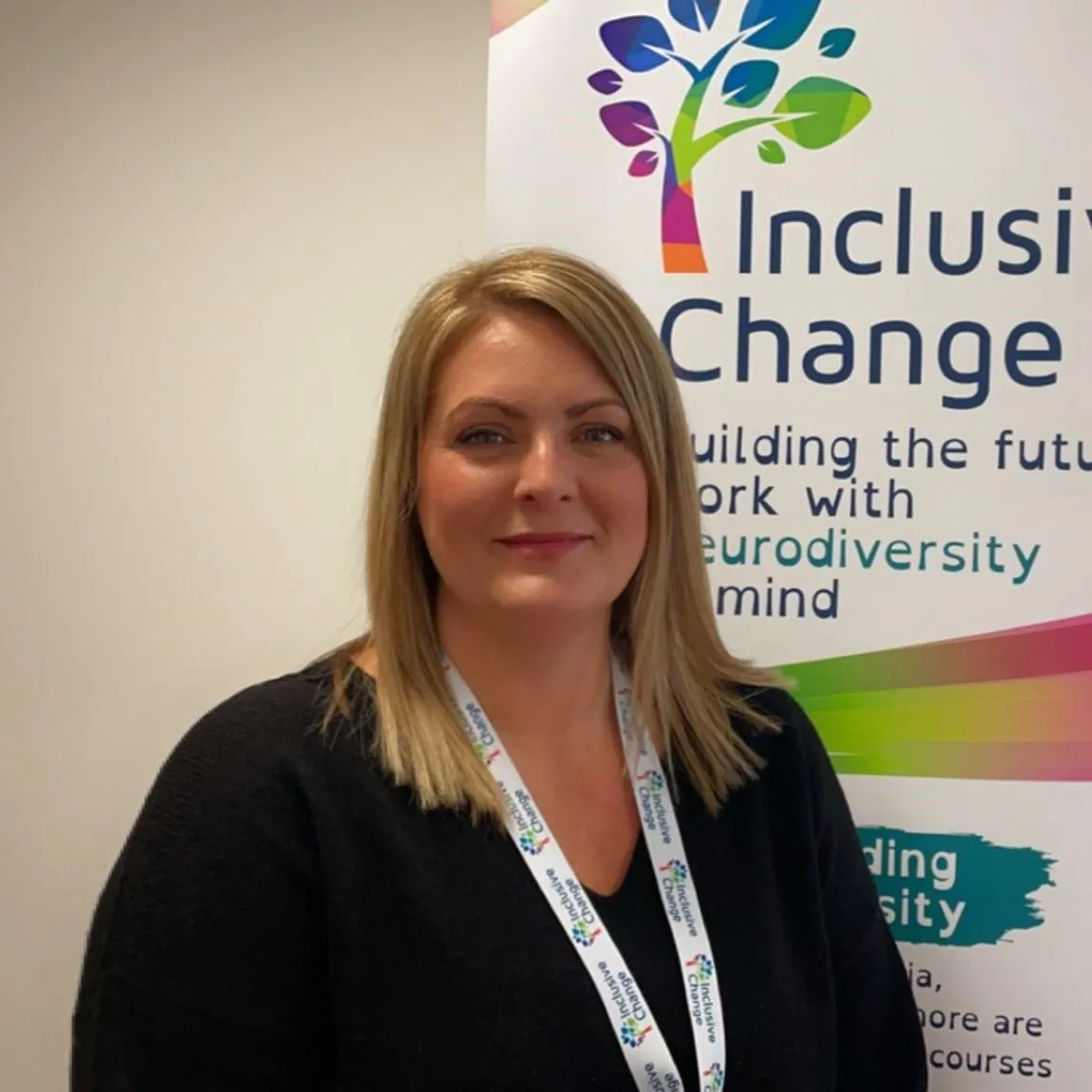
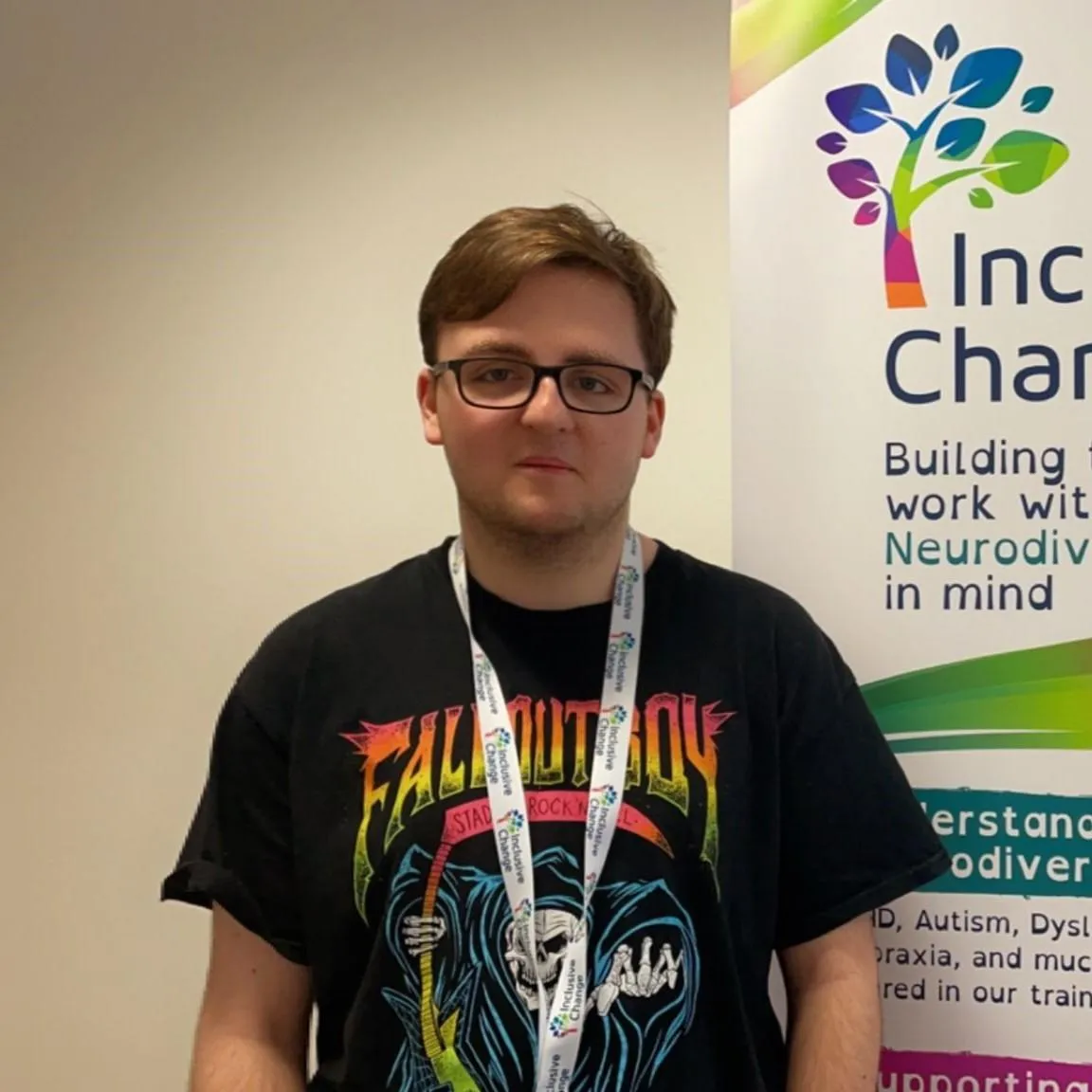
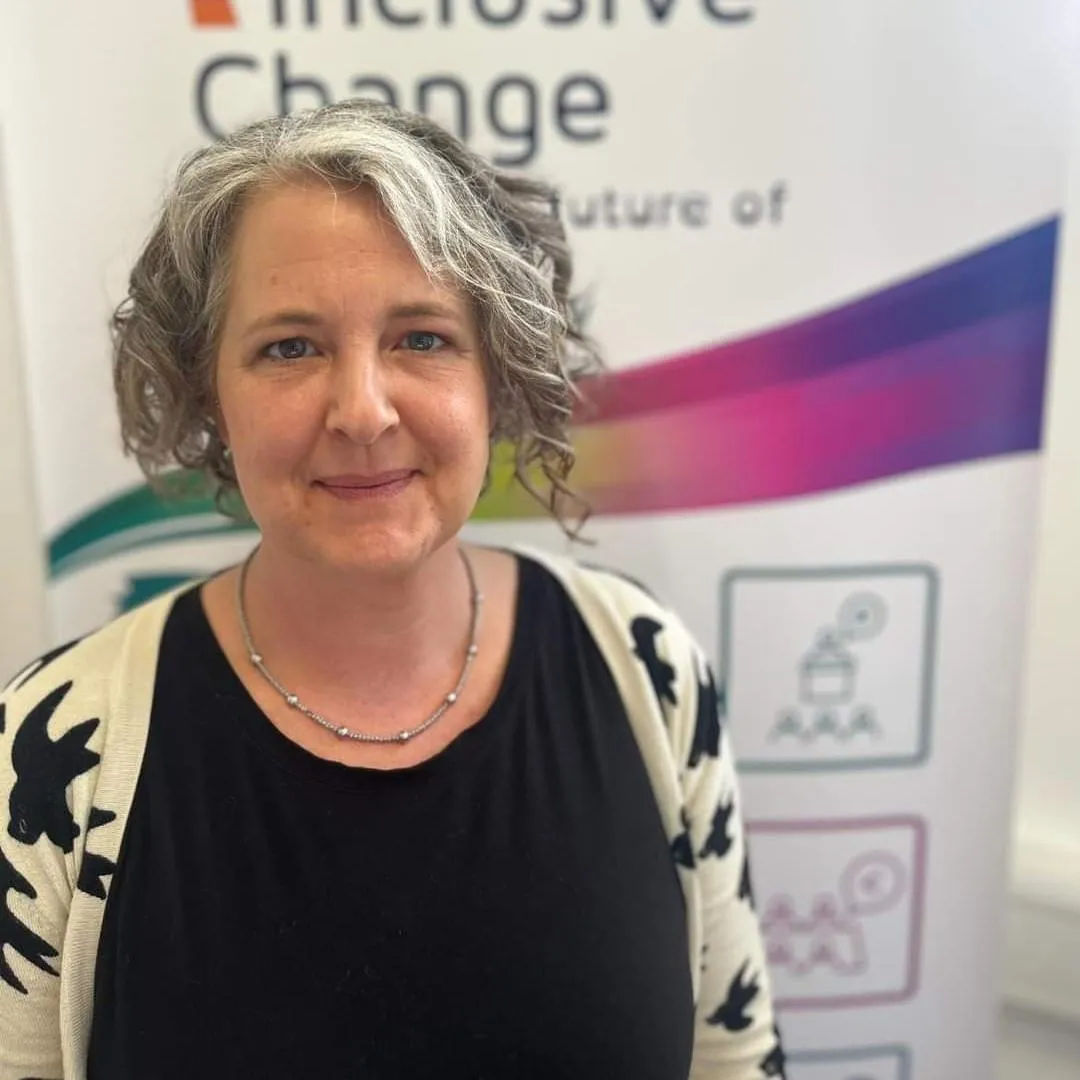
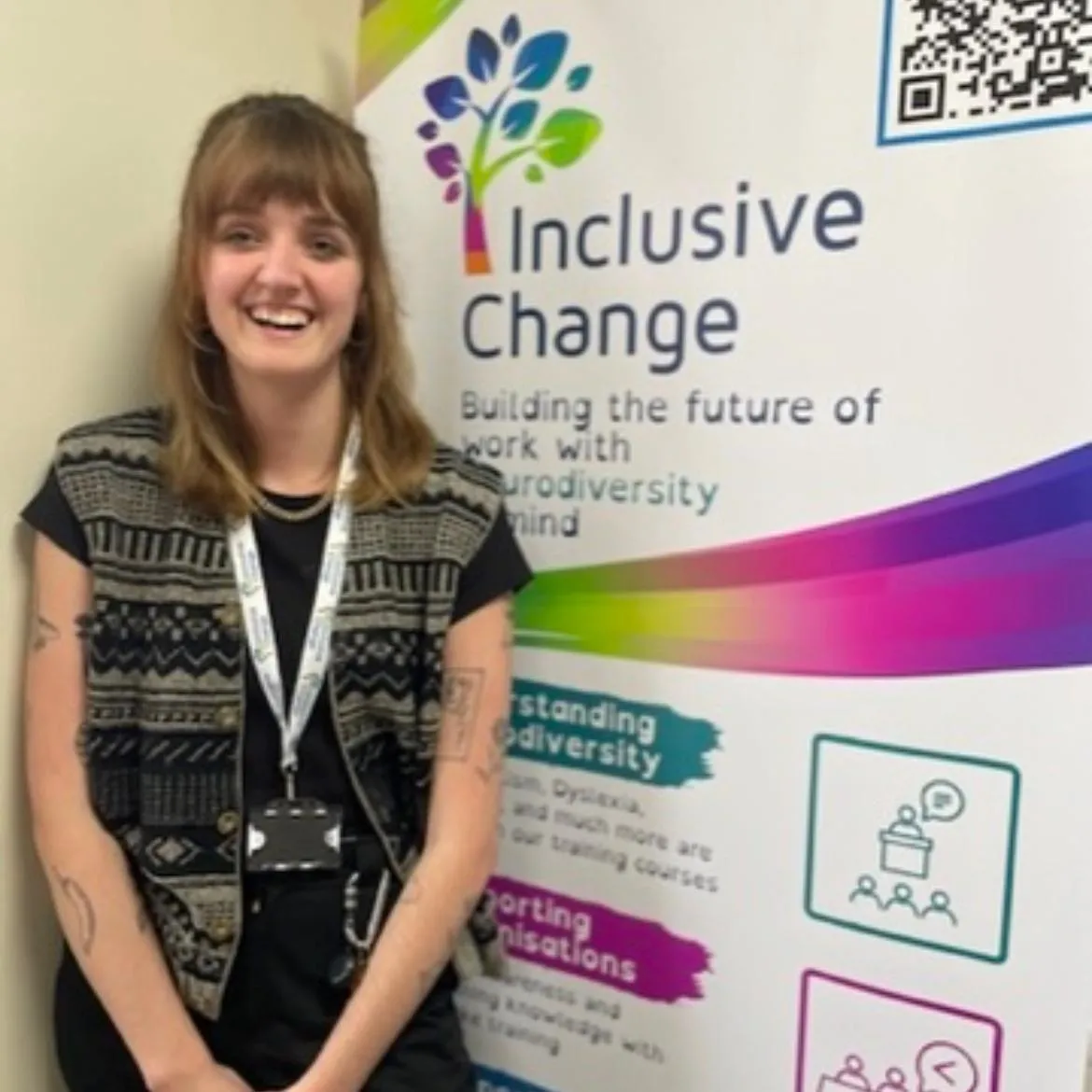

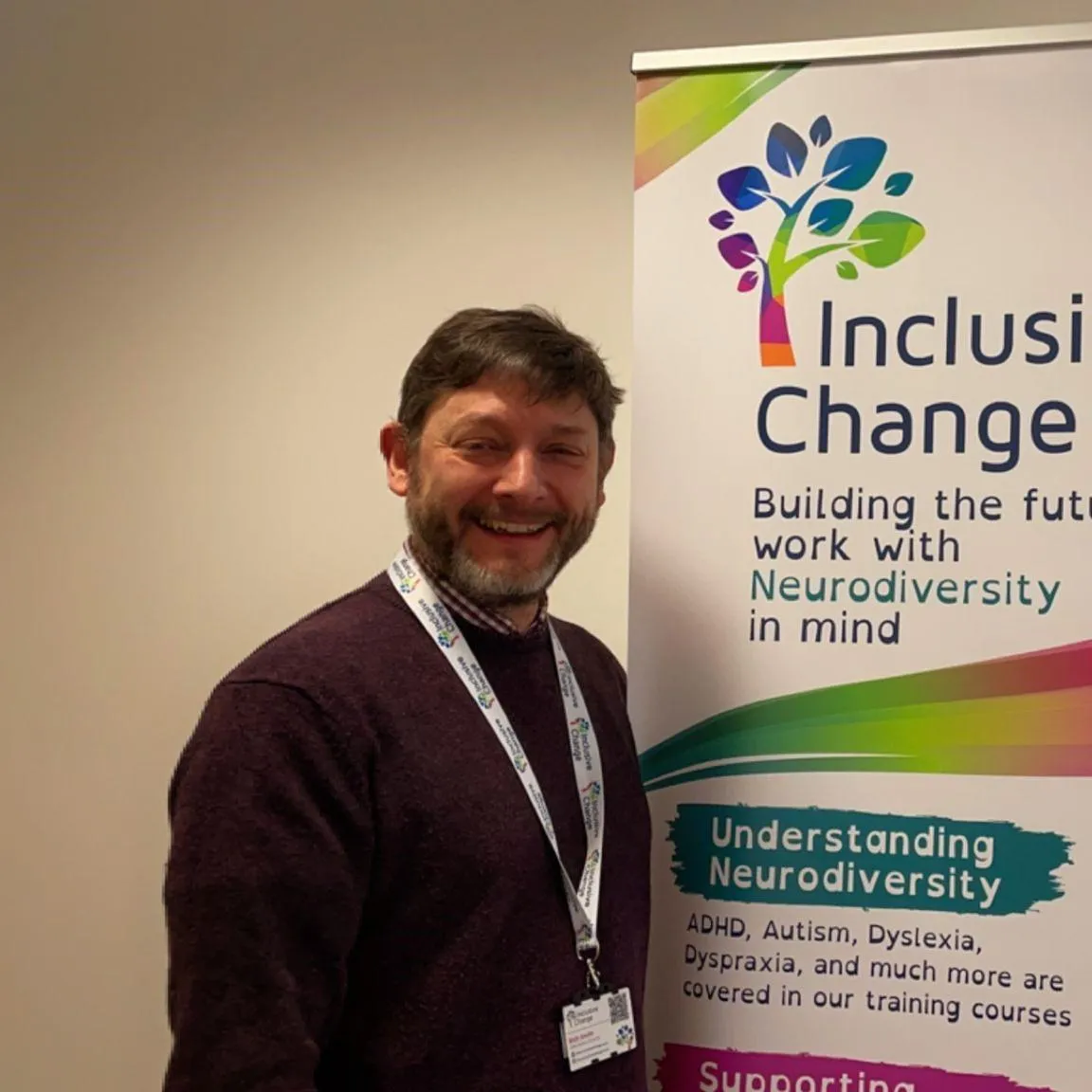

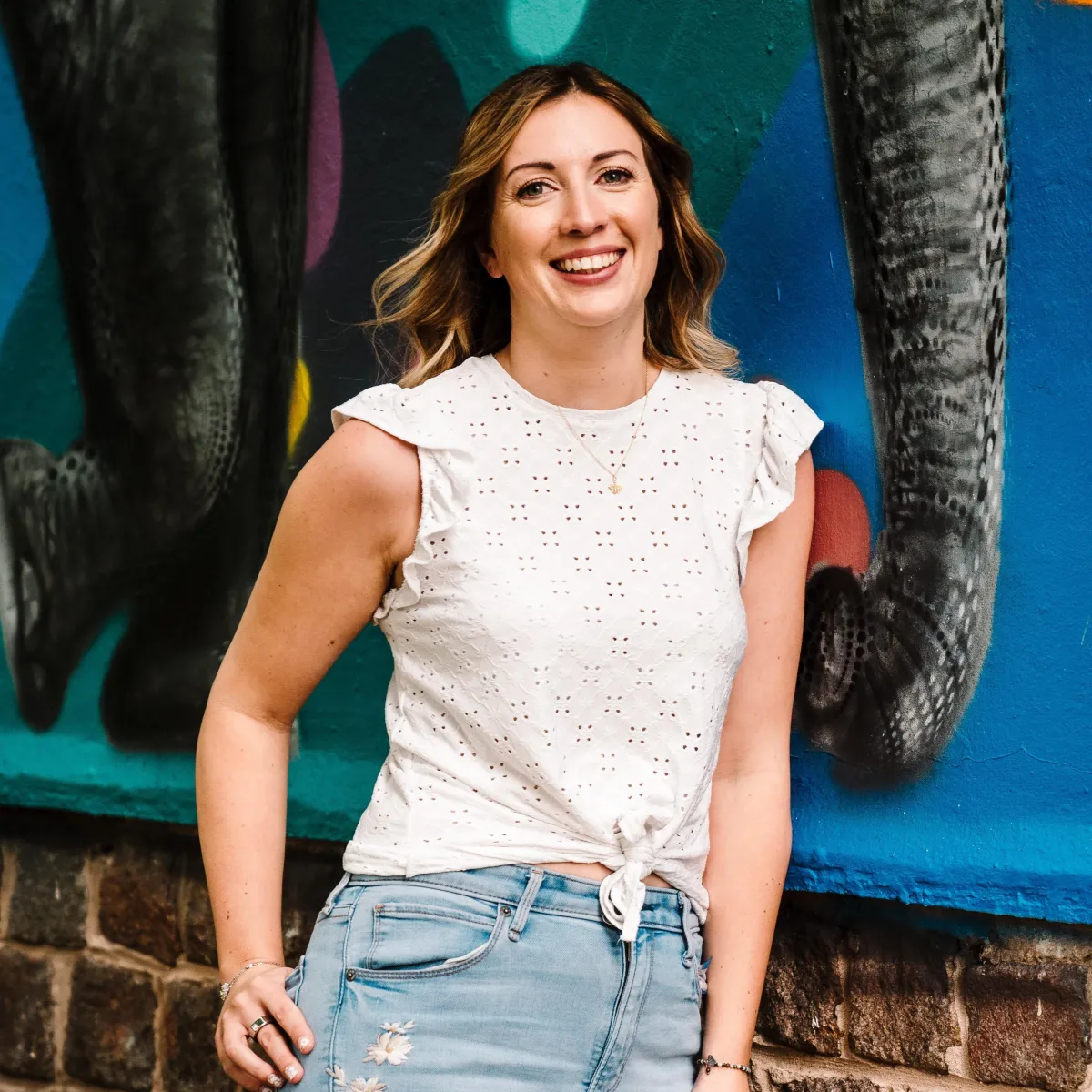

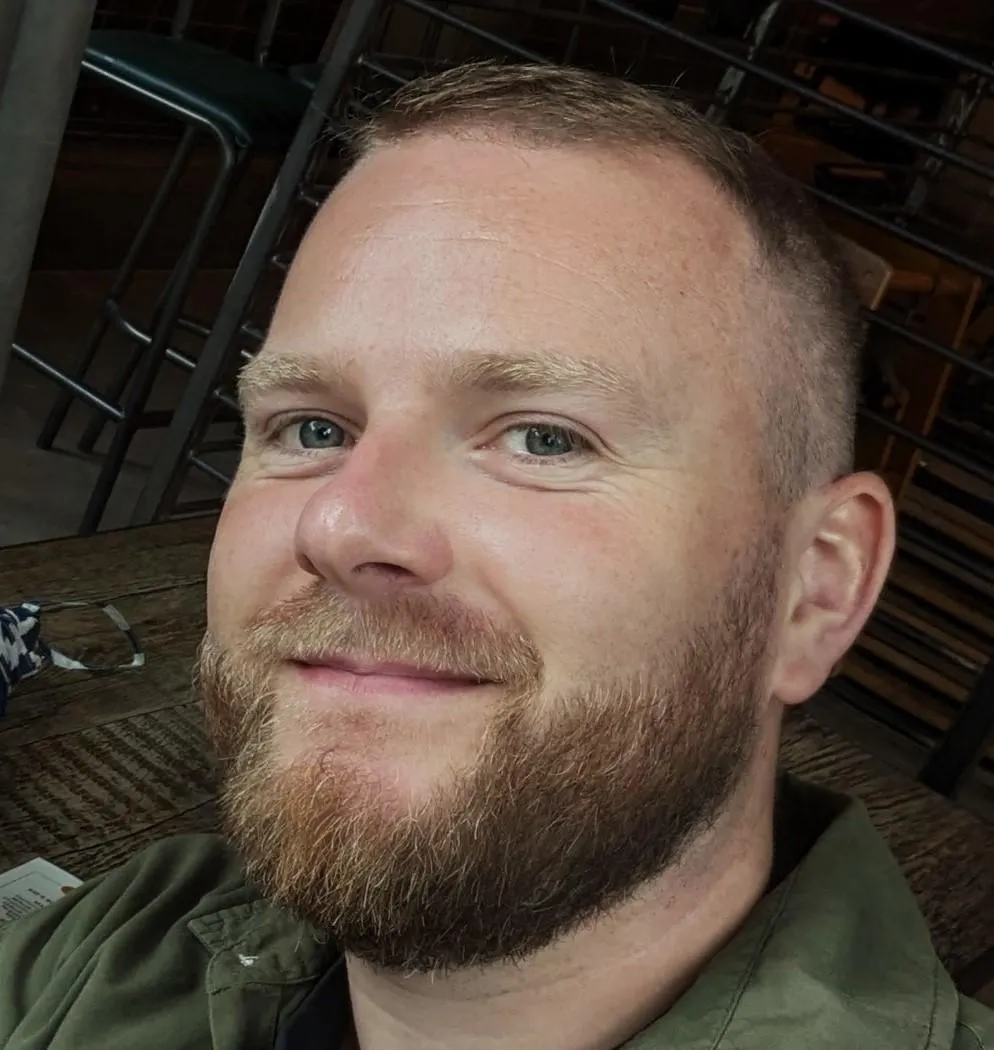
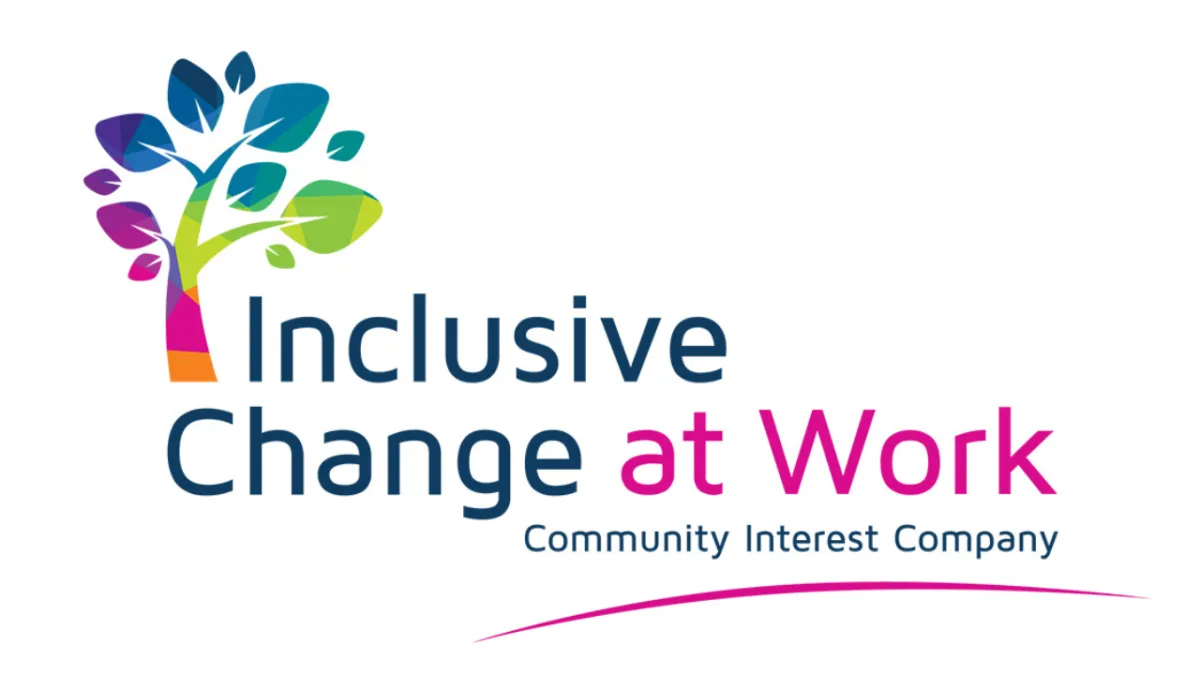
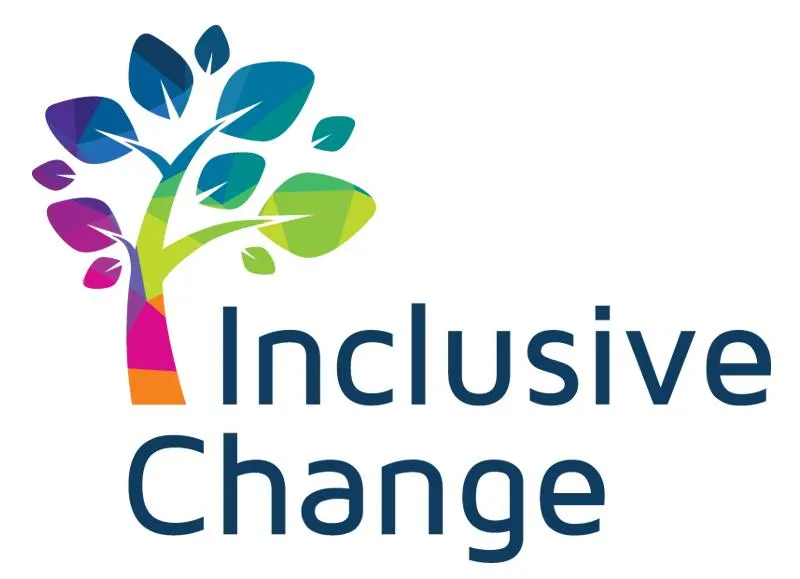
Facebook
LinkedIn
X
Instagram